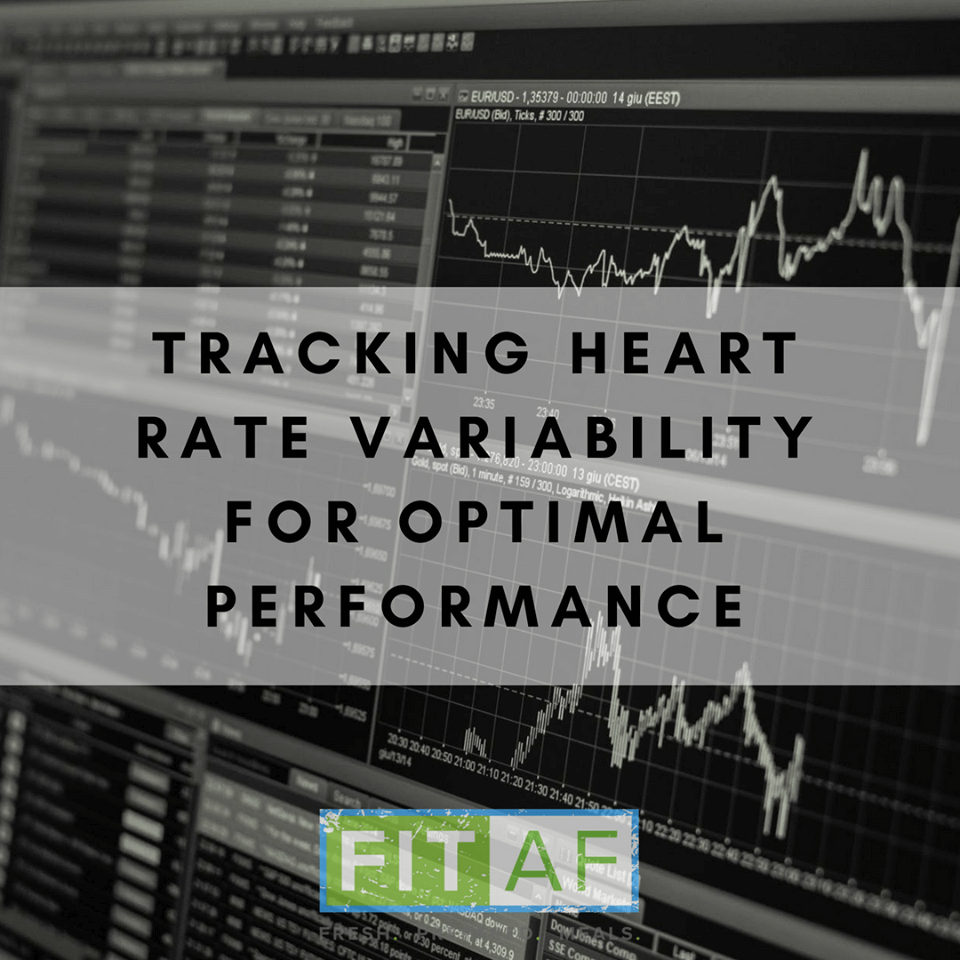
Tracking HRV For Optimal Performance
What is HRV?
A measure of the variation in time between each heartbeat. The heart is not a metronome. The space between each heartbeat varies depending on the state of your nervous system. Actually, the more even paced your heart beat is (what would be a low HRV score), the more at risk you are of heart disease and are probably undergoing an immense amount of stress. You want your heart to beat in a more fractal, uneven pattern.
Heart rate is controlled by the autonomic nervous system. The ANS is comprised of the parasympathetic nervous system (chillin’) and the sympathetic nervous system (fightin’).
Generally speaking, when the sympathetic nervous system is more active ( which causes the cortisol stress response) your HRV will be lower.
When the parasympathetic nervous system is more active your HRV score will be higher.
.
Why is this important?
Well, for a few reasons.
1) You learn what your baseline HRV is.
This information alone will tell you if you need to make changes in your life such as learning to chill or exercise less. If you constantly have a LOW HRV, this means you are under chronic stress (which sometimes goes unnoticed). HRV score is a great indicator of overall health.
2) HRV allows you to optimize your training performance.
When tracking HRV regularly, you can establish a baseline value and then be alerted to excessive stress or insufficient recovery. You can track rest and recovery periods, pinpoint optimal training times and avoid over training.
A simple reading in the morning is a GREAT indicator of how you should go about your day. For example, If I have a LOW HRV score in the morning (indication of sympathetic dominance ( means I am dealing with stress, or still recovering from exercise the day before)) I may decide to:
A) Not perform stressful exercise that day, and opt for some parasympathetic stimulating exercise, such as yoga
B) STILL exercise knowing I am strategically overreaching with a planned deload week ahead
C) I can meditate and do certain breathing exercises and watch (in real time) as my HRV increases (sign of the parasympathetic NS activating (rest and digest)) until it gets to a level I am comfortable with and then continue with my prescribed exercise routine
For me this has been huge, as I have for so long neglected my body’s feedback, something that people often think builds hair on their back. For example, pushing threw constant fatigue to get a workout in, chugging caffeine because I HAD to workout. While there is a component of mental “toughness” in this, I have found MUCH better results when I listen to my body. I can usually guess my HRV score at this point depending on how I feel and I know when I over do it with a low HRV score, I mentally and physically feel like crap. Plus it doesn’t even pay off in “gains” because stress levels are so high that weightloss can’t occur.
Check out the Polar H10 chest monitor, you will also need an app such as Elite HRV to read your score.